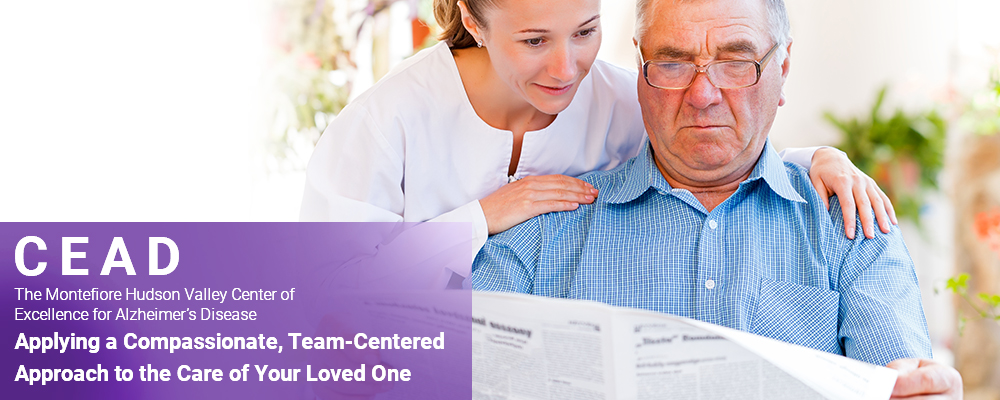Home Safety Tips for Patients with Alzheimer's Disease
From the staircase to the tub.
As a geriatrician caring for older adults with Alzheimer’s disease, I always work with my patients and their caregivers to help ensure my patients live as independently as possible, with the fewest limitations and restrictions, while ensuring their safety.
Home safety is a frequent concern of caregivers. Whether they’re deciding how safe it is for a loved one to stay home alone or if the patient should continue to cook or drive, safety is often at the top of the list of concerns. Many symptoms of Alzheimer’s disease increase the risk of injury, including poor memory and judgment, difficulty following directions and episodes of agitation or irritability. Older adults with Alzheimer’s disease may also have difficulties with gait and balance, placing them at higher risk for falls.
To help, it’s important for caregivers to think about areas for potential injuries and try to adapt the home environment – where injuries most often occur – whenever possible to minimize risk. In general, experts state it’s better to change the environment, than to try to change someone’s behavior.
With Alzheimer’s Awareness Month upon us, here's a summary of useful home safety tips to consider, as appropriate, when caring for a loved one with Alzheimer’s.
Ensure all heating pipes and radiators are covered.
Alzheimer’s disease can lead to poor judgment, so it’s important to appropriately cover all accessible radiators and pipes to avoid serious burns. Also, be certain the hot water heater is set so that the tap water is not hot enough to cause a scald burn.
Remove knobs from the stove, or install automatic shutoff appliances.
Caregivers should consider the dangers of cooking by older adults with Alzheimer’s disease. If a person’s judgment is impaired, allowing him or her to cook unsupervised may not be safe. Fortunately, automatic shutoff appliances can increase cooking safety for those with Alzheimer’s and dementia. These devices come with a timer and motion sensors that may be safer or more convenient for your needs and those of your loved one. Also, meal delivery services may be available to prepare and deliver meals to the homes of older adults unable to prepare meals alone.
Store hazardous materials in a safe place.
Cleaning supplies, medications and other dangerous materials need to be locked away and out of reach of the individual you’re caring for.
Install grab bars in the tub, and use a bath chair or stool in the tub or shower.
Bathrooms can be dangerous for Alzheimer’s patients. Older adults with some degree of incontinence, which is common in Alzheimer’s patients, often have to rush to get to the bathroom, placing them at greater risk for falls. Use a raised toilet seat with handrails, or install grab bars beside the toilet. In addition, to help avoid bathroom injuries, every household should have a nonskid mat for the bathtub and shower.
Ensure staircases are safe, and make sure areas around the house are not cluttered.
Staircases should be well lit, equipped with handrails and, if necessary, blocked off when there isn’t a caregiver in the house with the patient. In addition, make sure there are clear paths in all rooms and good lighting during the day and at night. This can help prevent falls.
Safety concerns will change as Alzheimer’s disease progresses. The environment should be reviewed early and often, so the injuries in the home that can be prevented are prevented.
[See: 11 Things Seniors Should Look for in a Health Provider.]
These tips will help your loved one live as independently as possible. Additionally, consider these valuable online resources: the Centers for Disease Control and Prevention's STEADI (Stopping Elderly Accidents Deaths and Injuries); the Alzheimer’s Association; and the American Geriatrics Society.
Dr. Amy Ehrlich is the Associate Chief of the Division of Geriatrics at Montefiore Health System. She is also a Professor of Clinical Medicine at Albert Einstein College of Medicine. Dr. Ehrlich is interested in home safety for older adults. She also conducts research on transitions of care for geriatric patients and their families.

